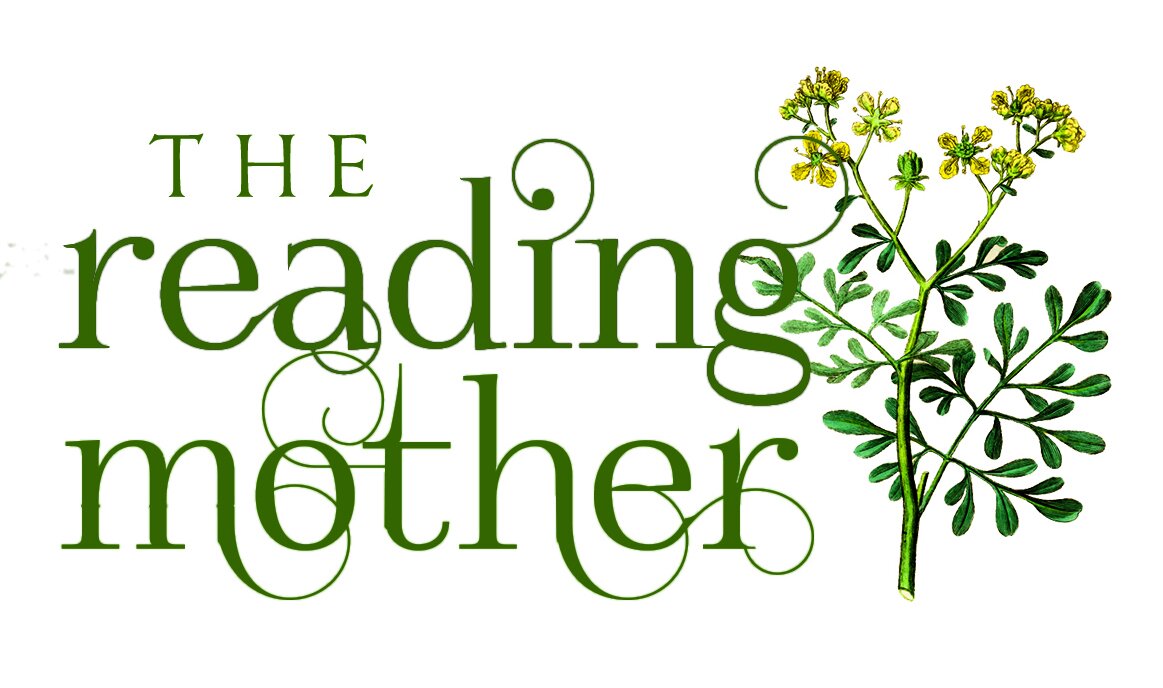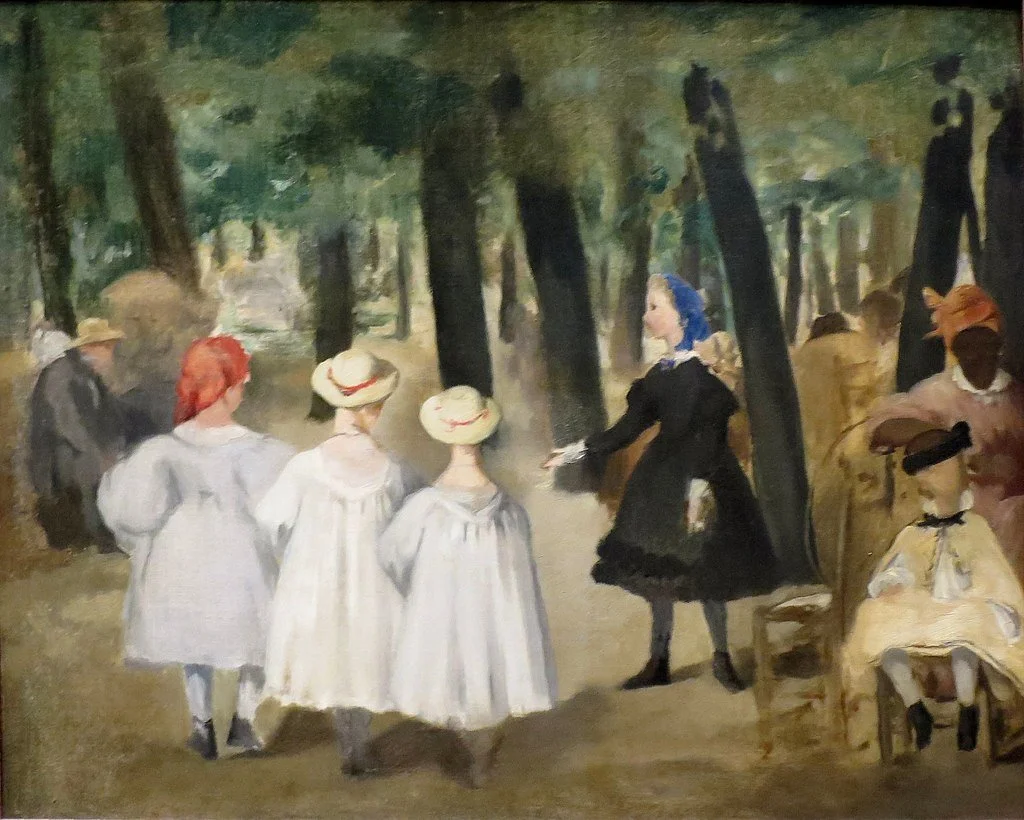By Rote? or By Heart?
My sleepy three-year-old is carried from the car to his bed in big brother’s strong arms. He drowsily blinks up at the star studded sky. “Caleb, did you know that God is a Spirit? He doesn’t have a body like men.” My mother’s heart quietly rejoices at the weighty return on our light daily investment in memory work.
In the earlier days of formal education, memorization was aptly referred to as learning by heart or rote learning. The latter definition denotes the idea of habit or routine. But twentieth century progressive education gurus disparaged rote learning and the practice has been vilified ever since, even by those who ought to know better. And perhaps learning by heart is the better designation anyway because it speaks to the main benefit of memory work – getting at the child’s heart.
“The models in one’s imagination and memory become a part of the soul and affect all the rest of life. If the soul holds good, true, beautiful, noble, and heroic images, it will be inclined to love those things.”
—Laura Berquist, The Harp and the Laurel Wreath
The truth is that memorization is essential to academic success. Students must memorize much, from arithmetic facts to timelines to periodic tables to grammar facts to vocabulary terms. Young children are masters of memory, so capitalize on that facility while it lasts. Children WILL memorize. If we do not want to hear endless repetitions of the inane jingles, insipid songs, and unimaginative slogans that pervade our culture, then it is up to us to give them worthy and useful things to dwell upon.
Language development in young children is enhanced by memorization of well-chosen selections. Beautiful language patterns are etched in the mind which in turn inform the habitual expression of the lips and eventually the pen. From the time our own children could string a few words together, we began to memorize short Bible verses, catechism questions, poems, and prayers. As we parents repeat these things over and over with our children, the further benefit is that they become firmly lodged in our own minds and hearts as well.
When our own children reached the early elementary years, we began a more formal program of memorizing selected Scripture, creeds, hymns, prayers, poems, speeches, and literary excerpts, along with more challenging catechism questions. Over the years, we have developed a list of memory work that every child in our family would learn. Many of those selections are included in the Cottage Press Primers.
Our family’s memory work is part of our family culture—one of the many ties that bind us. Someday, I hope to publish our memory work notebooks as an encouragement to others. In the meantime, here’s a quick sampling of the things we have learned by heart thus far:
*We the people of the United States, in order to form a more perfect Union . . . A child should always say what’s true . . . Up in the air and over the wall, till I can see so wide . . . I have a little shadow that goes in and out with me . . . We hold these truths to be self-evident . . . The morns are meeker than they were, the nuts are getting brown . . . All mimsy were the borogoves, and the mome raths outgrabe . . . And did those feet in ancient time? . . . Scots, wha’ hae wi’ Wallace bled . . In the elder days of Art, builders wrought with greatest care . .. Then outspake brave Horatio . . . Gentlemen may cry, Peace, Peace– but there is no peace. The war is actually begun! . . .There is no frigate like a book . . . The Goops they lick their fingers, and the Goops they lick their knives . . . The Assyrian came down like the wolf on the fold . . . For in history you have a record of the infinite variety of human experience plainly set out for all to see . . . Little Lamb, who made thee? . . . Tyger, tyger, burning bright . . . Friends, Romans, Countrymen, lend me thine ears . . . I have promises to keep, And miles to go before I sleep . . . and that government of the people, by the people, for the people, shall not perish from the earth . . . I hope to see my Pilot face to face when I have crossed the bar.
Although there are so many things I wish I had the chance to do over in parenting and teaching my children, memorization is one thing we got right. By the grace of God, the practice of memorization "stuck" in our routine; as a result, many good, true, and beautiful thoughts—along with some that are just plain fun—are forever lodged in my children’s brains. I hear the echoes in their spoken words; I see the reflections in their written words. As with many things in parenting and teaching, consistency is key. A few minutes each day spent memorizing and reviewing produced a large repertoire. Truly, “little drops of water, little grains of sand” have created a “pleasant land” in the minds and hearts of our children. (“Little Things,” by Ebenezer Cobham Brewer).
An insightful little exchange in the The Daisy Chain, a favorite book by author Charlotte Yonge, highlights the impact of educational philosophies on the soul. Ethel, the awkward heroine, is shocked and saddened by the Ladies’ Committee decision to “leave off reading the Prayer-book prayers morning and evening!” at the neighborhood school:
“And it is much to be expected that next they will attack all learning by heart . . . If they don’t learn them (the Psalms – the Gospels – these links to the church) by rote when they have strong memories…they will not know them well enough to understand them when they are old enough! . . . memory and association come before comprehension, so that one ought to know all good things . . . with familiarity before one can understand, because understanding does not make one love. Oh! One does that before, and when the first little gleam, little bit of a sparklet of the meaning does come, then it is so valuable and so delightful.”
Her older brother, Richard, concurs:
“ . . . these lessons and holy words were to be impressed on us here from infancy on earth,that we might be always unraveling their meaning, and learn it fully at last . . . ”
Memory and association precede comprehension. Even the very youngest of children are capable of memorizing great and beautiful truths, though it may be years and years before they can even begin to comprehend the meaning of them. My young son’s sleepy catechism was proof of this. And I expect he (and I) will be unraveling that truth for a lifetime, along with many other great and beautiful truths that we have learned by heart.
*Selections from: Preamble to the Constitution; “The Whole Duty of Children”, “The Swing”, and “My Shadow” by Robert Louis Stevenson; Preamble to the Declaration of Independence, “Autumn”, by Emily Dickinson; “Jabberwocky” by Lewis Carroll; "Jerusalem" by William Blake; “Bannockburn” by Robert Burns; “The Builders” by Henry Wadsworth Longfellow; “Horatius at the Bridge” by Thomas Babington Macaulay; Patrick Henry’s “Liberty or Death” speech; “A Book” by Emily Dickinson; “The Goops” by Gellett Burgess; “Destruction of Sennacherib” by George Gordon, Lord Byron; from Early History of Rome by Livy; “The Lamb” and “The Tyger” by William Blake; “Julius Caesar” by Shakespeare; “Stopping by Woods on a Snowy Evening” by Robert Frost; “Gettysburg Address” by Abraham Lincoln; “Crossing the Bar” by Alfred, Lord Tennyson

